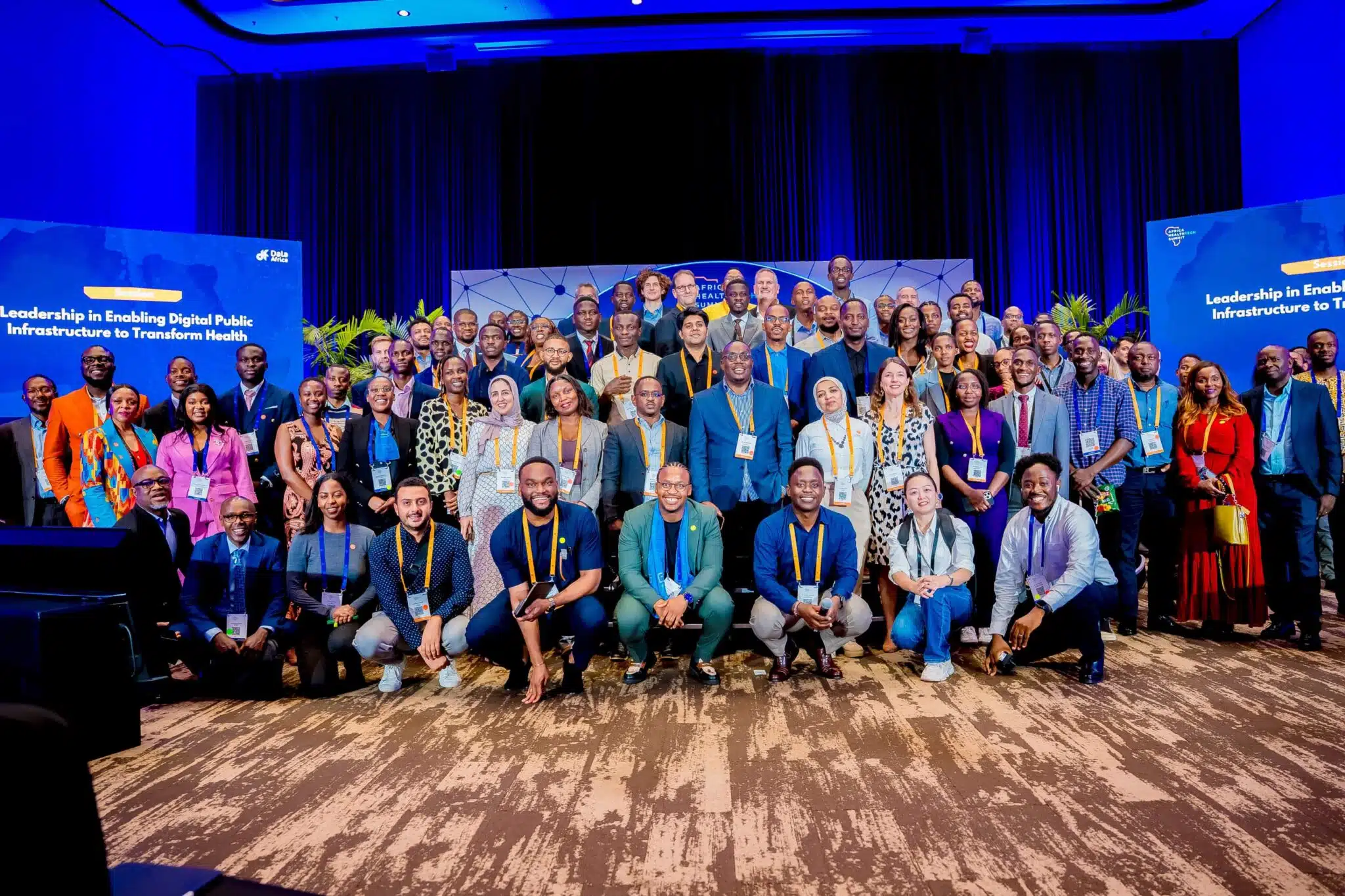On Friday, September 19, 2025, U.S. President Donald Trump signed an executive order imposing a $100,000 fee on all new H-1B visa applications. The announcement, framed by the administration as part of a broader strategy to put American workers first, triggered immediate alarm across the U.S. tech industry and beyond.
Major firms like Amazon, Microsoft, and JP Morgan quickly issued advisories urging their foreign employees to either remain in the U.S. or return before midnight on Saturday, when the fee was scheduled to take effect.
Although the White House later clarified that the fee applies only to new applications, the scale of the increase sent shockwaves through the business and immigration communities alike.
For years, companies have paid between $4,000 and $10,000 in filing and legal costs for each H-1B applicant. The new policy represents a tenfold increase in some cases, effectively pricing out many companies from hiring foreign workers.
But while the executive order has raised serious concerns about talent mobility and globalisation, it also presents a rare opportunity for Africa’s tech workforce, but only if African governments are ready to seize it.
A visa programme built for global talent
The H-1B visa, established under the Immigration Act of 1990, was designed to allow US employers to hire foreign workers in “specialty occupations” — jobs that typically require a bachelor’s degree or higher in fields like IT, engineering, finance, and healthcare.
The visa has become particularly important to the US technology sector. In 2024 alone, about 400,000 H-1B applications were approved — 65% of them renewals. A remarkable 64.9% of those approvals went to workers in computer-related roles.
Tech giants like Amazon, Google, Microsoft, and Apple long relied on H-1B visas to fill highly technical roles where US-based talent is either insufficient or unavailable, and Amazon alone accounted for over 3% of all approvals in 2024.
The H-1B programme has long been dominated by India and China, which together account for over 85% of annual applications. By contrast, African nations represent only a small fraction of the total due to a mix of lower application volumes and less institutional support.

Victoria Fakiya – Senior Writer
Techpoint Digest
Stop struggling to find your tech career path
Discover in-demand tech skills and build a standout portfolio in this FREE 5-day email course
Still, Africa is home to a growing base of world-class tech talent. Cities like Lagos, Nairobi, Accra, and Cape Town have seen a surge in tech talent, fuelled by bootcamps, startups, and remote learning platforms.
However, the global migration of African tech workers has often been a one-way street, with top talent leaving for better salaries and opportunities abroad, particularly in the US. The new $100,000 H-1B fee could change that dynamic.
A rare opportunity for African talent
Eyitayo Ogunmola, CEO of Nigerian edtech Utiva, is among those who believe this fee signals something more than just a cost hike.
“The $100,000 fee sends a clear signal that international talent, especially African talent, carries premium value,” Ogunmola says. “But it will also shift talent-mobility dynamics. More professionals may choose to stay on the continent, negotiating higher salaries, while companies weigh the cost of paying or shelving that fee.”
For Babatunde Akin-Moses, CEO of Nigerian fintech Sycamore, the move could be crucial for African tech talent looking to access global markets without leaving their home countries.
“Many U.S. companies will be reluctant to pay the new fees,” he notes. “That will force them to either hire domestically or create more remote roles. For African talent, these ‘now-remote’ jobs present a huge opportunity.”
However, taking advantage of that opportunity is far from guaranteed. Ogunmola notes that the fee should serve as a wake-up call for African governments and drive interventions in the digital economy.
“Governments across Africa can now see that a $100,000 premium is effectively being placed on their people, and that value should motivate deeper investment in infrastructure that allows talent to work from home countries and channel earnings back into local economies,” he says.
His observations underline some necessary shifts. First, African governments must treat Africa-based talent as a valuable asset. That means investing in the digital ecosystem, from stable and affordable internet to reliable electricity and infrastructure that supports remote work.
For example, with Africa expecting to reach over 1 billion internet users by 2029 (from about 646 million in 2023), governments that build and maintain connectivity, particularly in underserved areas, will gain long‑term advantages.
Second, governments need to design incentives that make remote work sustainable and attractive. This could include tax incentives for both companies hiring remote African talent and for remote workers themselves, subsidies for coworking spaces, and support for technical training in high-demand skills like AI, data science, and cloud computing.
Third, public‑private partnerships matter. Edtech startups, NGOs, telecom companies, and governments can collaborate to build training pipelines and hubs that provide both physical infrastructure (e.g., fibre, offices, co‑working) and soft infrastructure (networks, mentorship, community). These ecosystems ultimately become magnets, retaining talent rather than seeing them leave.
But if governments do not act decisively, the cost of inaction will be high. Top talent will leave for other countries that offer more supportive environments.
In contrast, proactive governments will see higher retention of skilled professionals, increased digital exports, growth of remote work income, and stronger tech ecosystems.










